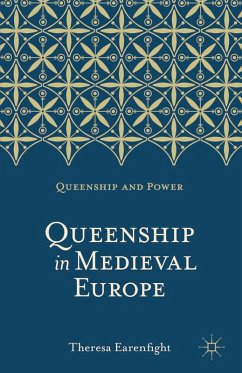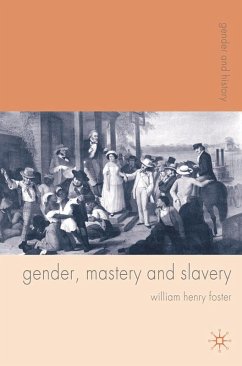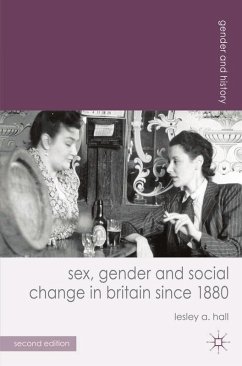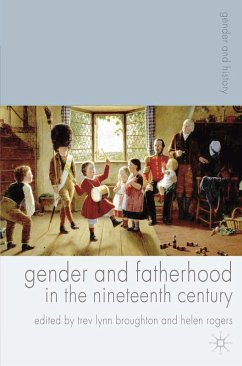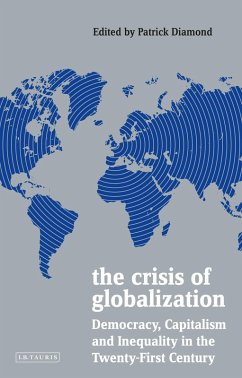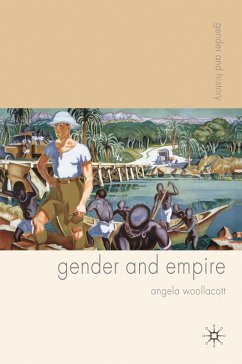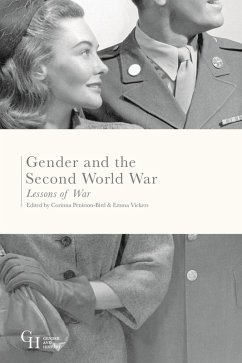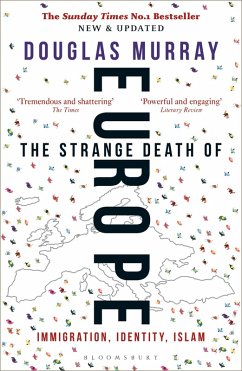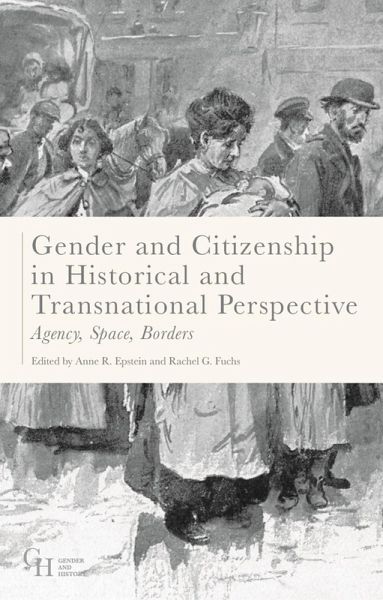
Gender and Citizenship in Historical and Transnational Perspective (eBook, PDF)
Agency, Space, Borders

PAYBACK Punkte
13 °P sammeln!
With gender as its central focus, this book offers a transnational, multi-faceted understanding of citizenship as legislated, imagined, and exercised since the late eighteenth century. Framed around three crosscutting themes - agency, space and borders - leading scholars demonstrate what historians can bring to the study of citizenship and its evolving relationship with the theory and practice of democracy, and how we can make the concept of citizenship operational for studying past societies and cultures.The essays examine the past interactions of women and men with public authorities, their ...
With gender as its central focus, this book offers a transnational, multi-faceted understanding of citizenship as legislated, imagined, and exercised since the late eighteenth century. Framed around three crosscutting themes - agency, space and borders - leading scholars demonstrate what historians can bring to the study of citizenship and its evolving relationship with the theory and practice of democracy, and how we can make the concept of citizenship operational for studying past societies and cultures.
The essays examine the past interactions of women and men with public authorities, their participation in civic life within various kinds of polities and the meanings they attached to their actions. In analyzing the way gender operated both to promote and to inhibit civic consciousness, action, and practice, this book advances our knowledge about the history of citizenship and the evolution of the modern state.
The essays examine the past interactions of women and men with public authorities, their participation in civic life within various kinds of polities and the meanings they attached to their actions. In analyzing the way gender operated both to promote and to inhibit civic consciousness, action, and practice, this book advances our knowledge about the history of citizenship and the evolution of the modern state.





